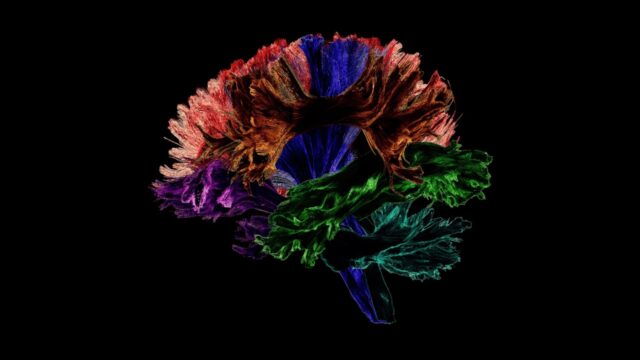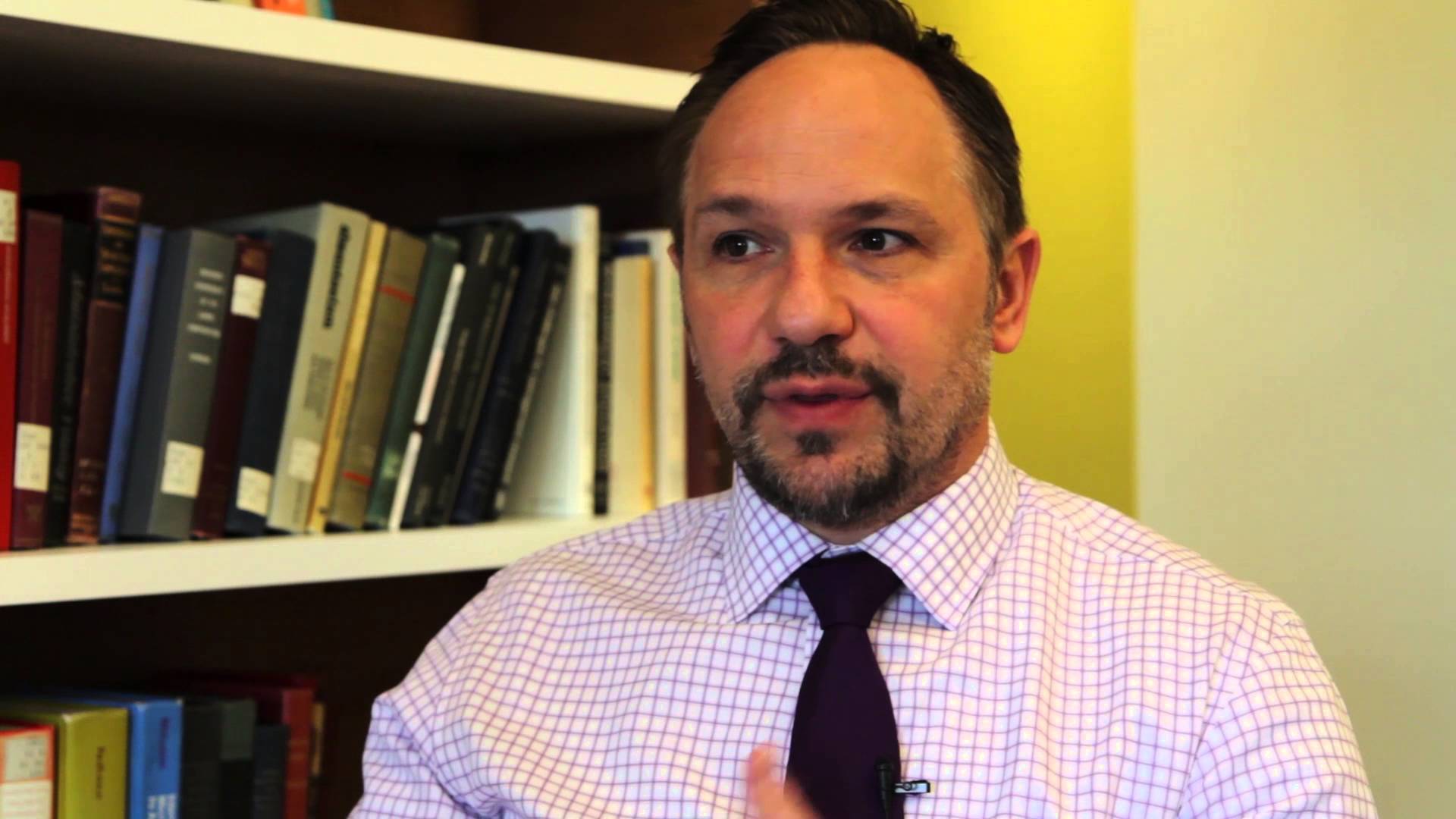
Co-creative approaches to knowledge production and implementation series (part 12): What next?
This article is part 12 (and the final part) of a series of articles based on a special issue of the journal Evidence & Policy.
In concluding their editorial in the special issue, guest editors Metz, Boaz, and Robert1 alert to two interesting absences in the research, to which they point researchers and practitioners interested in exploring ‘where next’ for how co-creative approaches might help bridge the research to practice gap.
Metz, Boaz, and Robert observe that taken as a whole, the special issue makes an important contribution to our understanding of the potential role of co-creation in closing the research-to-practice (and policy) gap:
- The debates in the special issue on the purpose of co-creation and critical assessments of the merit of co-creation as a distinct method for engaging stakeholders provide important perspectives for studying the motivation, ethics and legitimacy of co-creation approaches.
- Further, research papers offer well operationalised definitions of the core features of co-creation and demonstrate evidence for the nature of the value co-creation can add in building successful partnerships which bridge a range of stakeholder experiences and needs. The research papers also raise important questions that provide a call to action for researchers and co-creation studies in the ‘research-into-practice’ field.
- Finally, practice papers provide specific tools, methods and frameworks for understanding and improving co-creation processes.
However, while the authors of the papers in the special issue report several challenges in working more co-creatively, Metz, Boaz, and Robert observe that the general theme is one of optimism about the potential when working within existing systems of public service provision. In contrast, closer explorations of the reality of co-creative approaches for participants are starting to appear elsewhere; for example, a number of authors have written about the ‘darker side’ of the co-production of public services.
Metz, Boaz, and Robert state that what is of interest to them as editors is not just what the special issue papers cover, but also two interesting absences, perhaps reflecting the relative novelty of co-creation for the pursuit participants:
- Exploring the topic of creativity. Firstly, Metz, Boaz, and Robert note that the collection of papers in the special issue largely frames both the representation and practice of co-creation in technocratic or traditional knowledge management terms (for example, ‘technical assistance’ and ‘stakeholder participation’ strategies). Many of the special issue contributions view co-creative approaches predominantly as a means through which public service organisations can bring new participants into existing processes and ways of working; an incremental or first-order approach to change. But as other authors have identified, a common feature of emerging co-creation models in the community health-care setting is to view research as a creative undertaking that is strongly linked to design and the human imagination. Creativity in organisational contexts means the creation of valuable new products, services, ideas, processes, or procedures through people working together within complex social systems. It comprises two basic dimensions: originality or invention, and value or utility. Moving forward, Metz, Boaz, and Robert would recommend a greater focus on the topic of creativity and how this may be applied to ‘evidence into practice’ debates.
- Co-creation vs. co-production. Secondly, Metz, Boaz, and Robert would encourage returning to the historical roots of co-creation and co-production to help understand the differences between them and their potential contributions to evidence-informed policy and practice. As the authors of one study observe, this would provide opportunities to re-engage with practices and values of participatory research traditions – as well as the history of social movements – which may help the further exploration of critical issues of power, ethics and social justice. The author of another study reports that placing co-production in a historical and political context exposes a number of issues, including the persistent pull of tokenism and dominance of bureaucratic systems designed to manage participation. Such considerations highlight the future importance of exploring the relative effectiveness of co-creative approaches that are situated not just within but also external to existing organisational structures and processes.
Metz, Boaz, and Robert state that taken together, these two directions – with a common focus on value creation – might realise more transformative, second-order processes of co-creating knowledge which could better contribute to closing the research-to-practice gap with the goal of improving services.
Article source: Adapted from the editorial of the Evidence & Policy special issue Co-creative approaches to knowledge production: what next for bridging the research to practice gap?, CC BY-NC 4.0.
Acknowledgements: This series has been made possible by the publication of the special issue as open access and under a Creative Commons license. The guest editors and paper authors are commended for their leadership in this regard.
Header image source: Adapted from an image by Michelle Pacansky-Brock on Flickr, CC BY 2.0.
References:
- Metz, A., Boaz, A., & Robert, G. (2019). Co-creative approaches to knowledge production: what next for bridging the research to practice gap?. Evidence & Policy: A Journal of Research, Debate and Practice, 15(3), 331-337. ↩
Also published on Medium.





